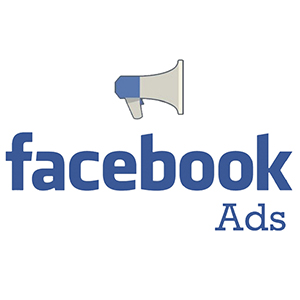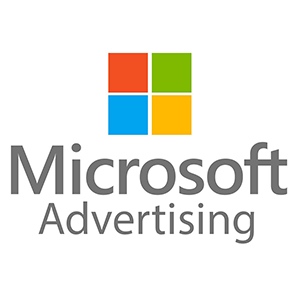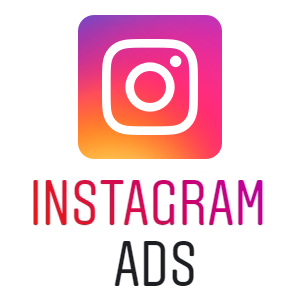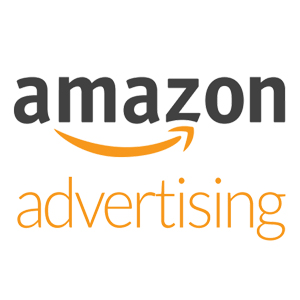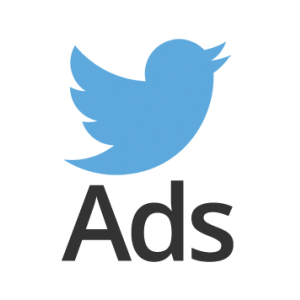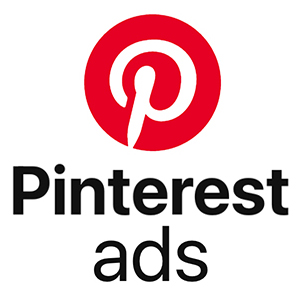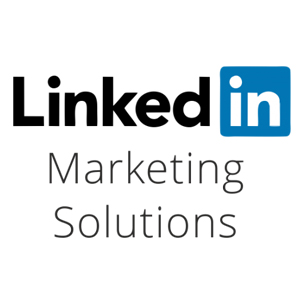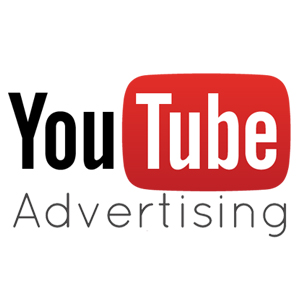PAY-PER-CLICK (PPC)
How does it work?
Step 1. You first need to choose the online platform(s) that you want to set up your pay-per-click (PPC) campaign on. Here are a few of the more popular online platforms that you might want to consider:
Step 2. Next, you will need to figure out which sets of keywords you want to target for your ad campaign(s). This is the toughest part of any pay-per-click ad campaign because there are several variables to consider. Here are a few basic fundamentals to wrap your mind around before you start researching your own list of keywords that you want to target:
- The more specific your keyword phrase is, the cheaper your cost-per-click is going to be. For example, if you run an auto-mechanic shop in Chicago then your cost-per-click for “The Best Mechanic In Chicago” is most likely going to be cheaper than “Chicago Mechanics”.
- Do thorough research on your niche to make sure you use targeted keywords for your targeted customer. For example, if you have a seafood restaurant in Miami then you will want to make sure that you use a keyword phrase like “best seafood restaurants in Miami” or “seafood restaurants near me” (if you’re in the Miami area of course). If you pick a keyword phrase like “Miami seafood” then you will be wasting money because that phrase is too general and you will be competing with anyone and everyone who sells seafood in Miami (grocery stores, catering companies, fishing charters, etc).
- Use different keywords for different platforms. For example, if you are selling products in your store and on Amazon, you might want to run a PPC campaign on Instagram and on Amazon. The Instagram PPC ad should use keywords that involve both your product and your brick and mortar location. Your Amazon PPC campaign should use keywords that explain only your product(s). Make sense?
Step 2. Next, you will need to figure out which sets of keywords you want to target for your ad campaign(s). This is the toughest part of any pay-per-click ad campaign because there are several variables to consider. Here are a few basic fundamentals to wrap your mind around before you start researching your own list of keywords that you want to target:
- The more specific your keyword phrase is, the cheaper your cost-per-click is going to be. For example, if you run an auto-mechanic shop in Chicago then your cost-per-click for “The Best Mechanic In Chicago” is most likely going to be cheaper than “Chicago Mechanics”.
- Do thorough research on your niche to make sure you use targeted keywords for your targeted customer. For example, if you have a seafood restaurant in Miami then you will want to make sure that you use a keyword phrase like “best seafood restaurants in Miami” or “seafood restaurants near me” (if you’re in the Miami area of course). If you pick a keyword phrase like “Miami seafood” then you will be wasting money because that phrase is too general and you will be competing with anyone and everyone who sells seafood in Miami (grocery stores, catering companies, fishing charters, etc).
- Use different keywords for different platforms. For example, if you are selling products in your store and on Amazon, you might want to run a PPC campaign on Instagram and on Amazon. The Instagram PPC ad should use keywords that involve both your product and your brick and mortar location. Your Amazon PPC campaign should use keywords that explain only your product(s). Make sense?
Step 4. Come up with an advertising budget for each online platform that you plan on running PPC campaigns on. Your budget (on most platforms) can be set up as a daily budget, weekly budget, or even monthly budget. Here are a few pointers when setting up your pay-per-click campaign budget.
- Stick to a conservative marketing budget in the beginning and then adjust as necessary as you grow. For example, let’s say you start a Google Adwords PPC campaign for your landscaping business and you plan on spending $500 on a campaign that lasts for 1 month. You have your list of targeted keywords and you know your target demographic. After you run your PPC campaign for the month, you crunch some numbers and you generated 255 clicks on your ad which resulted in 15 leads from your ad.
- Every pay-per-click advertising platform has different costs-per-click and they change constantly. For example, the cost-per-click on one platform for the keyword phrase “organic protein powder” can be higher or lower on another platform for the same keyword phrase “organic protein powder” even though they target the same audience. So make sure you compare the costs per click on each platform that fits your advertising niche.
- Your cost-per-acquisition is more important than your cost-per-click. For example, if the average cost-per-click on Google Adwords is $3.00 for the keyword phrase “handyman in Seattle” and you average 6 clicks before you get a phone call that turns into a customer, then your cost-of-acquisition is $18 for that customer. However, if the average cost-per-click on Facebook Ads is $1.50 for that same keyword phrase and you average 20 clicks before you get a phone call that turns into a customer, then your cost-of-acquisition is $30. Google Adwords in this case, even with the higher cost-per-click, is a better Return-On-Investment (ROI).

Drew Restivo
Founder at HiredMarketing.com
We would LOVE the opportunity to show you how we help businesses get more sales using Pay-Per-Click (PPC) marketing campaigns. This is one of the many reasons why we created HiredMarketing.com because we want to be your product marketing hired hand when you need help. We work on demand, so we can do as little or as much as you need us to. We work on a monthly retainer model so you get to determine how many hours we work on your product marketing projects each month, so you never have to worry about going over your marketing budget. The days of having to hire and train in-house employees for individual marketing tasks are gone. You hire us and we will use our own proven product marketing specialists to carry out your product marketing tasks efficiently, effectively, and within budget.
If you have questions or if you’re interested in learning more, let’s talk.
If you’re the type of person that needs more data before you want to talk to us, then let us conduct a FREE (for those that qualify) Product Marketing Game Plan (PMGP) on your business and products to show you which product marketing strategies you should be implementing to increase your product sales. For your free Product Market Game Plan (PMGP), click here.
If you want to know our transparent pricing options or if you are ready to hire a hand to help you market your products and increase your product sales, then go ahead and click here.


